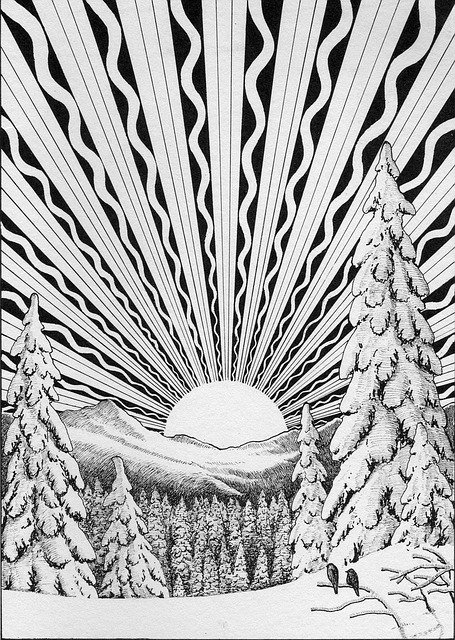Today is the shortest day of the year when it comes to how much daylight we’ll be seeing in the Northern Hemisphere.
In Tacoma, this is what our day will look like.
Winter Solstice Sunrise – 07:54 AM
Winter Solstice Sunset – 04:22 PM
Winter Solstice Day Duration – 08 Hours 28 Mins 27 Secs
Winter Solstice Previous Day Duration – 08 Hours 28 Mins 29 Secs
Winter Solstice Next Day Duration – 08 Hours 28 Mins 31 Secs
In terms of daylight, today will be 7 hours, 27 minutes shorter than the June Summer Solstice in 2022.
That’s a whole lot of difference between Winter and Summer around here.
In Tacoma, Washington, the first day of March 2022 will be 11 hours, 09 minutes long. The last day of the month will be 12 hours, 51 minutes, so the length of the days gets an hour and 42 minutes longer in March alone.
So, now you know how the word solstice came to be. It translates to “the time of the year when the sun stands still.” It doesn’t look like the sun moves at all during this period of time. The rest of the year, it raises incrementally higher earlier and earlier and lingers longer, so daytime “grows” as the days pass until the Summer Solstice in June.
Can you imagine what this time of year must have been like before the electricity? Without refrigerators, people who lived in my latitude and higher had to store foods that would keep for months since the ground doesn’t produce anything this time of year. And without electric or gas heat, they had to stay warm by way of gathering enough wood and other combustible materials to keep them from freezing to death. We have it soooo easy these days (most of us). This had to be a very treacherous, scary period of time to get through until things started growing again. And this was the case not all that long ago, either! My mother didn’t have electricity in her house until she was 16 years old (in 1937).
(In 1925, only half of American houses had electric power. Thanks to FDR’s Rural Electrification Act of 1936, within nine years, 85 percent of American homes had electricity, and nearly 100% of homes had electricity by 1960.) I’ve been a beneficiary of electricity all my life.
So perhaps it should come as no surprise that a lot of people living in this latitude and above back in the day had (and many still have) rituals and celebrations in abundance during the months of December and January — dates and events which Christianity purloined to appeal to the “pagans”/”savages” (indigenous folks) who celebrated the Winter Solstice, Saturnalia, and other celebrations. They needed to get their foot in the door, so they co-opted the dates and lots of the rituals — trees, wreaths, yule logs, foods, wassailing (caroling), etc. — to do just that. Sneaky devils, those evangelists. (Nothing much has changed. Evangelicals are still sneaky devils. A great many of them worship at the feet of the former president, who is about as close to the Antichrist as I can imagine, but that’s another topic and I don’t want to go there. I’m DONE with that scoundrel and his deluded Anti-Christ-like followers.)
I have a Winter Solstice card that reads, I have loved the stars too fondly to be fearful of the night.” I’m sure that was written before electricity became commonplace. It’s a kind of affirmation, declaring “I’ll get through this.”
It leaves me pondering what my great grandparents did during Winter Solstice in what is now Germany. They lived before it became Germany. (Germany didn’t become a large, unified country until 1871. Before then, it was just a part of other smaller countries (Prussia, Bavaria etc.). Alas, I will never know for sure. They didn’t leave behind any journals or other records of their existence.




